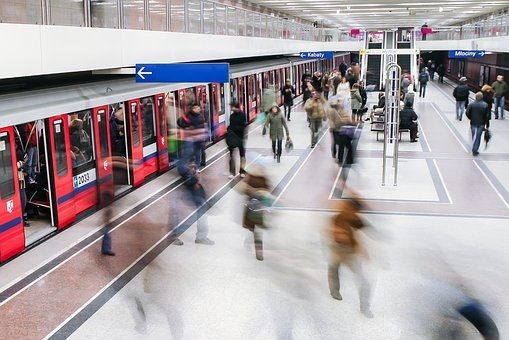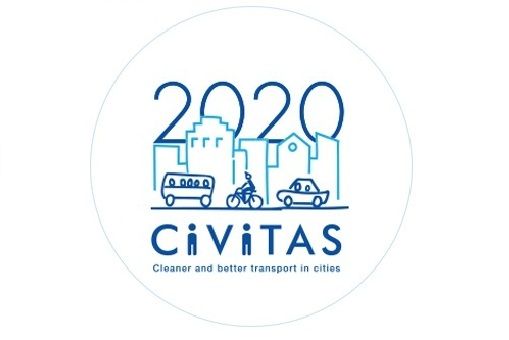Advisement and management of innovative solutions for urban mobility and collective transport for sustainable territories
Department aimed at providing new models of mobility and collective transport to improve the environment
The mobility model based on collective transport and non-motorized means constitutes one of the urban sustainability foundations, which also contributes to the accessibility and growth of the city in a more equitable way.
We understand sustainable mobility as the set of actions addressed to citizens that, in the global scope, seek in their journeys to lessen the negative effects on the environment.
In order to talk about equity in collective transport, it is essential to include environmental, social and economic sustainability to ensure the mobility and quality of life of the citizens making use of this travel system.
At the University there is a research group focused on these matters and also offers the opportunity to receive the following services:
- Drafting of sustainable urban mobility plans
- Studies of mobility impact
- Planning of transport services
- Elaboration and exploitation of mobility surveys
- Traffic and circulation studies in urban and interurban environments
- Proposals to improve routes and safe and sustainable paths
- Traffic measurement (pedestrian, public transport, cyclists, vehicles, etc.)
- Analysis of urban and interurban collective transport
- Analysis of social equity in collective transport.
OUR EXPERIENCE
DYNamic citizens & active for sustainable MObility (DYNAMO CIVITAS) is a European research project in which the University of the Balearic Islands, the City Council of Palma and state-owned companies have participated, together with cities from Germany, Poland and Croatia, with the goal of developing a city model by implementing new efficient transport systems that make compatible economic growth, social cohesion and the defense of the environment in each city. It seeks the participation of the different social agents and an improvement of the quality of life of the citizens.
Among the measures that have been carried out in the project we can highlight: the writing of the sustainable urban mobility plan (SUMP); urban planning for pedestrians and cyclists; the introduction of hybrid and electric vehicles in municipal fleets; the promotion of the electric vehicle in the private sector and among the citizens; the installation of dynamic panels that provide real-time information on the status of municipal parking lots; or the expansion of the public bicycle system.


In collaboration with:

